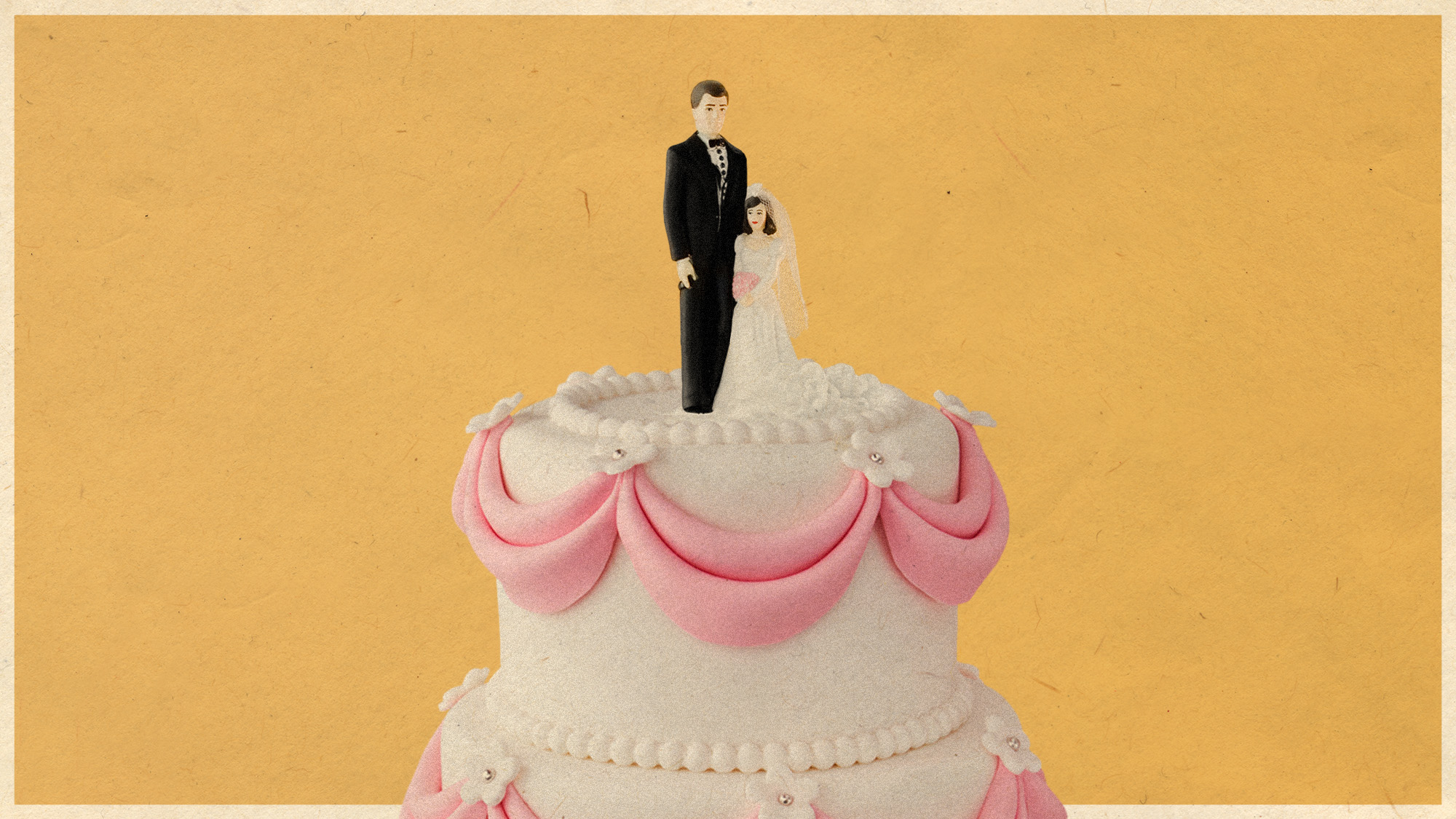The growing US movement to end child marriages
Practice is 'surprisingly widespread' but only 12 states have so far banned it

A free daily email with the biggest news stories of the day – and the best features from TheWeek.com
You are now subscribed
Your newsletter sign-up was successful
New Hampshire could become the latest US state to ban child marriage after its House of Representatives passed a bill that would raise the minimum age for marriage to 18.
Until 2016, child marriage – defined as a union involving at least one person under 18 years of age – was legal in all 50 states, sometimes only under specific circumstances, such as pregnancy. But since the US signed up to a United Nations plan to end the practice by 2030, 12 states have passed laws banning it, beginning with Delaware in 2018.
The Senate Bill 359, which could make New Hampshire the 13th, now heads to Governor Chris Sununu's desk to either be signed into law or vetoed. Sununu previously raised the state's minimum age to 16, up from 13, which he had called "unconscionable" at the time, said Newsweek.
The Week
Escape your echo chamber. Get the facts behind the news, plus analysis from multiple perspectives.

Sign up for The Week's Free Newsletters
From our morning news briefing to a weekly Good News Newsletter, get the best of The Week delivered directly to your inbox.
From our morning news briefing to a weekly Good News Newsletter, get the best of The Week delivered directly to your inbox.
How common is child marriage in the US?
Child marriage is "surprisingly widespread throughout the US, cutting across different regions, religions, and cultures", according to a recent Population Institute study "Behind Closed Doors". Between 2000 and 2018, an estimated 300,000 children under 18 were legally married in the US – some as young as 10.
Most states set the minimum age at 16, although there are "a handful of states" that have raised it to 17, said Newsweek, such as Arkansas, Florida, Georgia, Kentucky, Maine, Maryland, Nebraska, Nevada, Ohio, Oregon and Tennessee.
In Kansas, children as young as 15 can get married. California is one of several states that does not specify any minimum age for marriage; more than 8,000 children are married there each year.
Child marriage persists particularly in areas with deep-rooted conservative or religious beliefs. Young girls are also "far more likely" to end up married than young boys; 86% of minors married between 2000 and 2019 were girls, according to analysis of data by the non-profit advocacy Unchained at Last.
A free daily email with the biggest news stories of the day – and the best features from TheWeek.com
"We do this to girls, but we don't do it to boys," said Elizabeth Alice Clement, a women's historian at the University of Utah. "If it was a general discomfort with children or adolescents having sex, then there would be gender parity in who had to get married," she told non-profit newsroom 19th News.
Americans often view child marriage as a "foreign" problem, wrote Population Institute researcher Maniza Habib on Al Jazeera. The US has "vocally opposed child and forced marriage in other countries" but with no federal US law setting a minimum marriage age, the "patchwork of state child marriage laws is inconsistent and riddled with loopholes".
"The myth of American exceptionalism, the contrary-to-fact belief that child marriage is someone else's problem and that it can't happen here, blocks constructive public discussions and effective legislation," Habib added.
What problems does child marriage cause?
Marrying underage girls to adult men "sets up a dangerously imbalanced power dynamic that raises the risk of domestic and sexual violence", said Habib. It also puts minors at "higher risk for poverty and exploitation", and is "the leading cause of adolescent girls dropping out of school worldwide".
In the US, women who marry before the age of 19 are 50% more likely to drop out of high school and 31% more likely to live in poverty. The consequences of this "gender-based violence" will "reverberate" throughout women's lives, "perpetuating cycles of intergenerational poverty".
Child marriages also create a "nightmare-ish legal trap" for minors, legally tied either to parents who may be arranging an unwanted wedding or to an abusive spouse, said Fraidy Reiss, the founder of Unchained At Last, which helps women and girls trapped in forced marriages.
There is often "little that can be done to legally remove minors from their spouses", said 19th News. Resistance to bans comes from conservatives, who argue that it would "interfere with religious freedom", and from progressive groups, who "worry it could take sexual and reproductive choices away from minors".
The number of children married has decreased almost every year since 2000, according to 19th News. But even so, "most Americans do not realize that these abuses are happening", said Reiss.
"They imagine this happening on the other side of the world", rather than in the US – largely because of "outdated, archaic and dangerous laws that need to be updated".
Harriet Marsden is a senior staff writer and podcast panellist for The Week, covering world news and writing the weekly Global Digest newsletter. Before joining the site in 2023, she was a freelance journalist for seven years, working for The Guardian, The Times and The Independent among others, and regularly appearing on radio shows. In 2021, she was awarded the “journalist-at-large” fellowship by the Local Trust charity, and spent a year travelling independently to some of England’s most deprived areas to write about community activism. She has a master’s in international journalism from City University, and has also worked in Bolivia, Colombia and Spain.